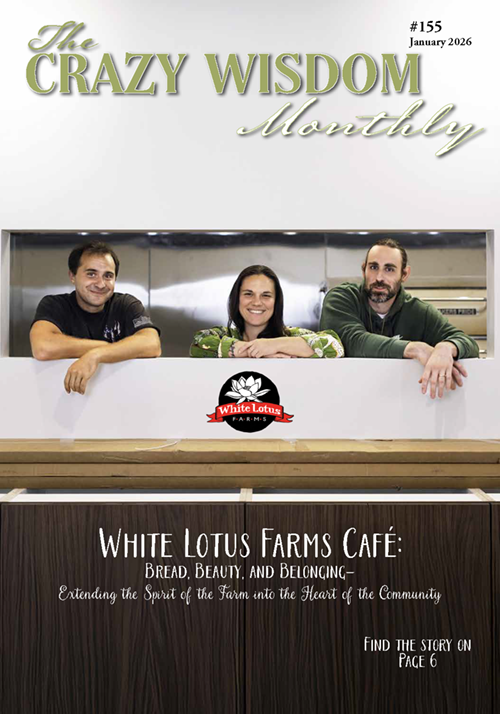By Catherine Fischer
Three Reasons Why Parenting Is Harder Than We Thought It Would Be
(And None of Them Are About our Children)
1. No prep.
Most of us arrive at parenthood with little idea of what to expect, and we begin the most important job of our lives without much accurate information about how to do it well. If we are lucky, we will have some intuition that guides us, but it’s hard to trust ourselves in a haze of exhaustion and worry, and surrounded by a storm of conflicting advice. Very, very few of us had any idea of the relentless emotional responsibility we were taking on. Even if we've watched others go through it, we don’t really know what it feels like until it happens.
2. Society is hard on parents.
The time pressures of work and the economic hardship faced by many parents, added to by the lack of paid parental leave, cost and availability of reliable, and quality childcare make day-to-day life for too many parents an exhausting race for survival, which drains time and energy left for enjoying parenting.
And there is the constant judgement. How many times have you read or heard someone talk about all of the ways they judged parents before they themselves became parents? Although individuals may change their tune once they experience the realities of parenting, there’s plenty more judgment wherever parents turn. We parents can be hard on each other as well.
Living in our society and trying to imagine a society that supports parenting is a bit like trying to imagine another dimension. But looking at other cultures can give us a glimpse: paid leave for mothers and their partners, insurance that covers birth and postpartum doula care, quality subsidized child care, and more. Ready to imagine more? Think of policies that treat parenting as important, valuable work — not as a hobby or an interest akin to raising a pet.
“We parents can be hard on each other as well.”
2. We were children once, too.
We learned how to parent as we were being parented. In fact, humans, along with dolphins and some apes, seem to be the only animals who biologically are able to parent differently than how we were parented. We all stand on our parents shoulders — and we do the best we can, just as they did. But it’s amazing how we will hear our parents’ words coming out of our own mouths, saying things we thought we’d never say to our children.
Plus, something else happens when we become parents . . . whether or not we are aware of it, we enter an emotional echo chamber of our own childhoods. We may not have explicit memories of our early years, but the implicit memories are there. As parents, we can be triggered in ways we don’t expect or understand as parenthood takes us — or perhaps drags us — back through our own childhoods.
We love our children so much, and it is frustrating and confusing when old emotional triggers or present-day challenges get in the way of our close, loving relationship with them. In fact, our understanding and awareness of our emotional landscape is key to our connection with our children. Understanding the ways in which the parenting challenges we face are not our children’s fault is a great place to start.
“We love our children so much, and it is frustrating and confusing when old emotional triggers or present-day challenges get in the way of our close, loving relationship with them.”
Catherine Fischer teaches “Where the Rubber Meets the Road: Strategies for the Emotional Challenges of Parenting,” a four-week class for parents of young children. She also offers free teleseminars with tips for handling common emotional challenges for parents. Upcoming topics include: Preparing Children for a New Sibling, Responding to Tantrums, and Getting Out the Door with Young Children. Catherine is also a birth and postpartum doula. You can find out more about her services, including the free teleseminars at www.SupportForGrowingFamilies.com.









































































































































































































Reading the new book Listen: Five Simple Tools To Meet Your Everyday Parenting Challenges
is a little like visiting an amazingly caring, honest, and helpful parents' group. Hearing the stories of other parents, readers will feel less alone with their parenting struggles. Parents will also feel deeply understood by authors Patty Wipfler and Tosha Schore, who know parenting and families inside and out. They are down-to-earth and funny, like when they comment that when our children have big upsets, it’s like they are taking “emotional poops.” But Wipfler and Shore also take very seriously the lack of support that exists for all families and the strains that poverty, racism and other oppressions put on parents.